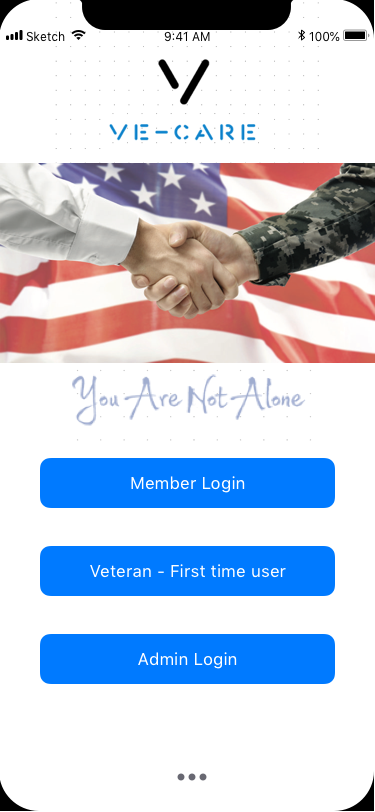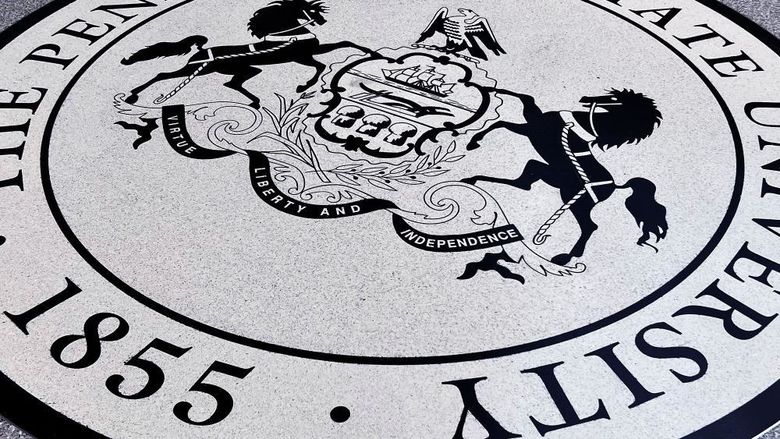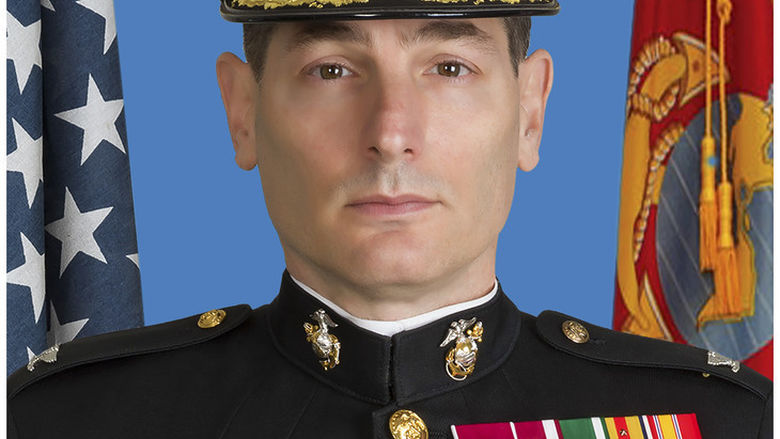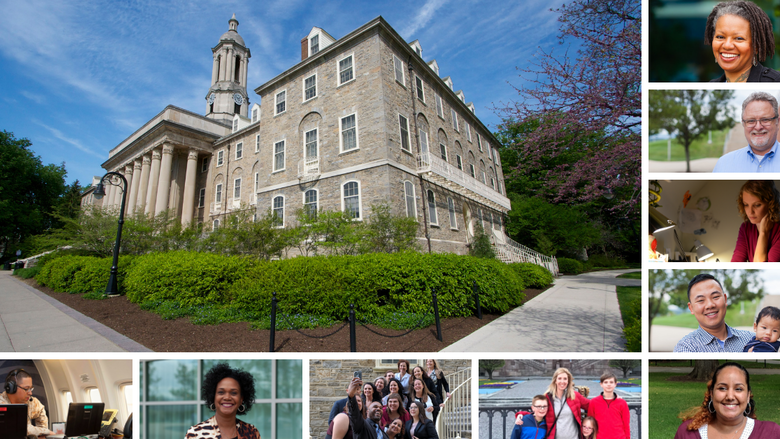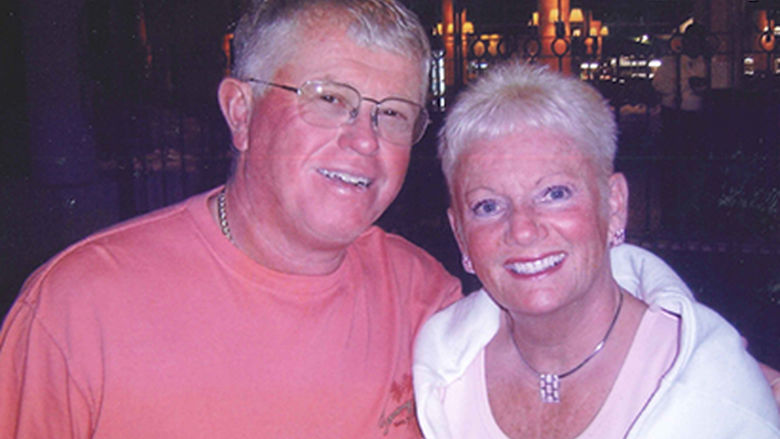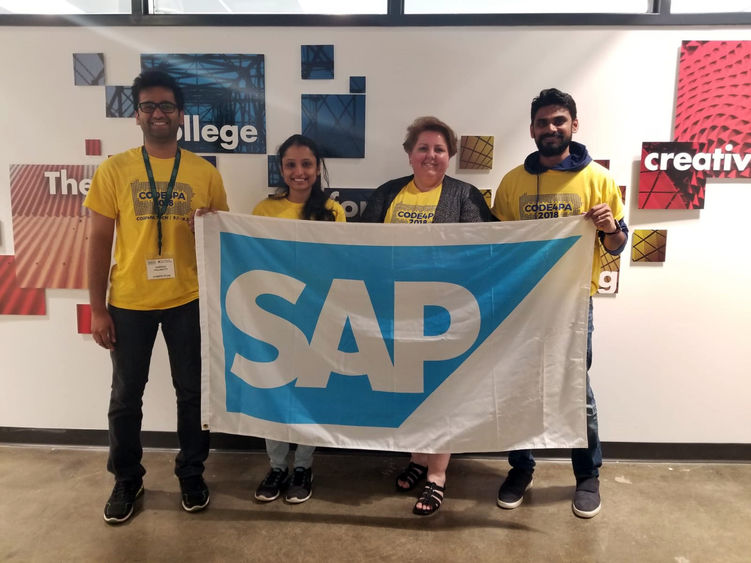
Members of the Analytical Assassins team at the Code4PA Pitch Day on October 20, including Karpagalakshmi Rajagopalan (second from left) and Jackie Markle (third from left). The team won SAP’s Veterans Challenge Use Case award.
Penn State has a longstanding and proud tradition of serving the men and women of our military through education benefits, resources, support and more. As part of Penn State’s ongoing military appreciation, we offer the following story.*
MALVERN, Pa. — Penn State Great Valley students and alumni recently used their data analysis and coding skills in a state-wide challenge to fight the opioid epidemic, where they received recognition from SAP, a multinational leader in enterprise application software.
After working together at Penn State’s DataFest this spring, the Analytical Assassins team, along with a few new members, participated in Code4PA’s monthlong Codeathon challenge. Held across the state in Philadelphia, Harrisburg and Pittsburgh, the event focuses on the use of open data sets to generate ideas that will enhance public engagement or increase transparency of state data for greater innovation. This year, teams were tasked to address the opioid epidemic through prevention, saving lives, and ensuring access to treatment.
For the competition, the Analytical Assassins developed Ve-Care, a mobile application to help veterans transition back to their daily lives after service, ultimately preventing substance and opioid abuse among the population. They decided to focus on veterans for personal reasons: Jackie Markle, Penn State Great Valley data analytics alumna and team captain, is married to a veteran.
“Veteran topics are very near and dear to me,” said Markle. “My husband had a hard time transitioning to civilian life. While he is gainfully employed now, our personal experience helped drive the desire to serve others in similar circumstances.”
Opioid abuse is especially prevalent among veterans: a 2011 report shows veterans are twice as likely to die from overdose compared to the general population, and a 2014 study of 2,500 post-deployment soldiers found that 15 percent regularly used opioids.
While building the app, the team examined two years of veterans’ admissions and discharge data from Substance Abuse and Mental Health Services Administration (SAMHSA) and determined four profiles that are considered high risk for opiate abuse. This helped them realize the need for a personalized experience. Not only does Ve-Care provide a centralized hub for educational, medical, employment-related resources, but it also delivers push notifications specific to individual needs. Upon downloading the app, veterans complete a survey, which determines their specific needs and their risk for opioid abuse.
“The resources are out there; they are just so hard to find,” said Markle. “Our idea is to provide them with a one stop shop according to their risk category. For example, if one of the risk categories is unemployment, we can guide them to Google’s Military Occupational Specialty (MOS) tool to apply their skill sets to civilian jobs. We can also push resume writing resources, job search sites, and so on, until they update their profile as employed.”
“Risky” candidates are identified using an association algorithm that determines the most common profile of veterans who are susceptible to abuse.
“Many veterans experience psychological distress which is further complicated by substance abuse and related disorders,” said Karpagalakshmi Rajagopalan, a data analytics student and member of the Analytical Assassins. “While opioid abuse is widespread, the transition to civilian life can make veterans especially susceptible. By delivering the resources based on individual need, we can prevent them from getting into the abuse.”
After hearing about the event from a Penn State Great Valley staff member, Rajagopalan brought the Analytical Assassins together for another competition.
“When I found out the event was focused on addressing one of the biggest and real problems in Pennsylvania, the opioid epidemic, I knew I wanted to participate,” she said. “This is a very interesting problem to solve using data.”
“We never really parted ways,” added Markle. “We had so much fun working together at DataFest. I think participating in this event — especially to tackle a real-world issue — was a no brainer.”
The Code4PA Codathon kicked off in mid-September, where the team of eight met in person to learn about the challenge and brainstorm their solution. Over the next month, the Analytical Assassins worked virtually, collaborating on Slack or Skype to discuss the project, deadlines, and tasks. While each member had his or her own area of expertise, the group relied heavily on their strengths in data mining, algorithms, and Amazon Web Services. On Oct. 20, Markle presented Ve-Care to a panel of judges, and later the team received the SAP’s Veterans Challenge Use Case Award.
The recognition from SAP was exciting, but Markle and Rajagopalan feel especially fulfilled that their project will help veterans while tackling the devastating effects of the opioid epidemic.
“I was happy that the jury panel thought our idea could be extremely useful,” said Rajagopalan.
Markle agreed, hearing the practicality from others made the experience especially rewarding.
“We even heard from veterans competing against us in the challenge that the app would be helpful. Hearing it firsthand made all the late nights worth it!”
While Ve-Care is still in the development phase, the team hopes to partner with the Department of Military and Veterans Affairs in each county to link the programs together.
*This year's Military Appreciation Week at the University kicked off with the Penn State football game on Oct. 27, and continues with other events through Nov. 12. This year's theme will recognize 100 years of women officially serving in the U.S. Armed Forces with special events and activities, including community football tailgate, library showcase, speaker events and more. For additional information, visit militaryappreciation.psu.edu
